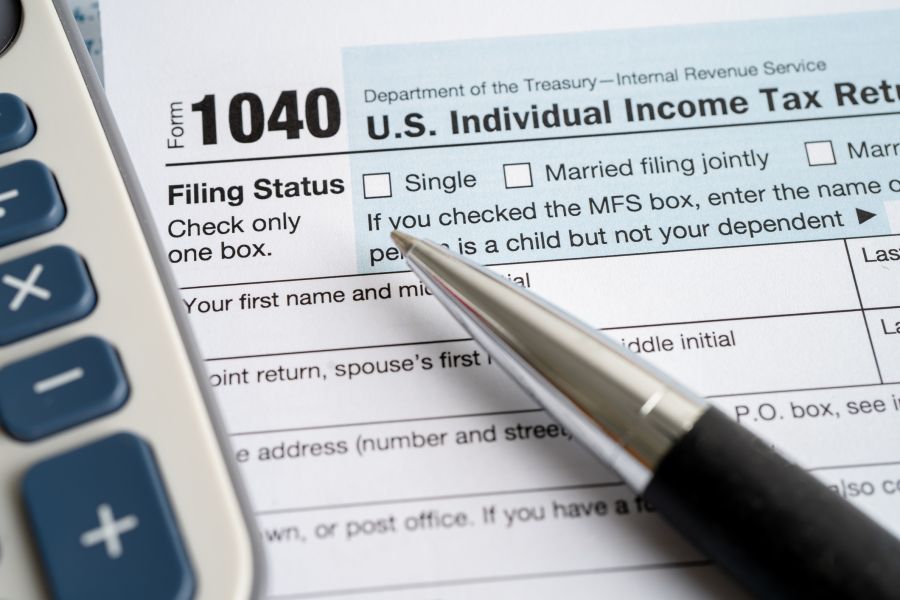
The IRS is warning people about a new surge in scams affecting taxpayers this filing season. Identity thieves are targeting accounting and tax preparation groups with phishing campaigns, pretending to be prospective clients to gain access to sensitive data. These phishing emails contain malicious links that can collect the tax preparer’s contact information, passwords, and even client information if clicked.
Scammers then use this information to reach out to unsuspecting clients, posing as the tax preparer in order to obtain their personal information.
If you receive an unexpected or suspicious-looking email from an accountant or tax preparation firm, always verify the sender’s identity by using another communication method. The safest method is typically looking up the company’s phone number and placing a call to confirm.
Unfortunately, tax season is prime time for cybercriminals to pose as tax officials, from small preparation firms to IRS officers. Learn more about common scams and how to protect yourself with this short video:
If you suspect you’ve received a fraudulent message from someone purporting to be from the IRS, file a complaint with the:
You can also contact ITS Security for suspicious messages sent to your WCM accounts using Phish Alarm (for emails) and the Service Desk (for calls).
If you believe you have provided your confidential information (e.g., Social Security Number, financial records, etc.) during a phishing attempt, visit identitytheft.gov to report it to the IRS and FTC and create an action plan to begin protecting your identity.
Stay safe this tax season!